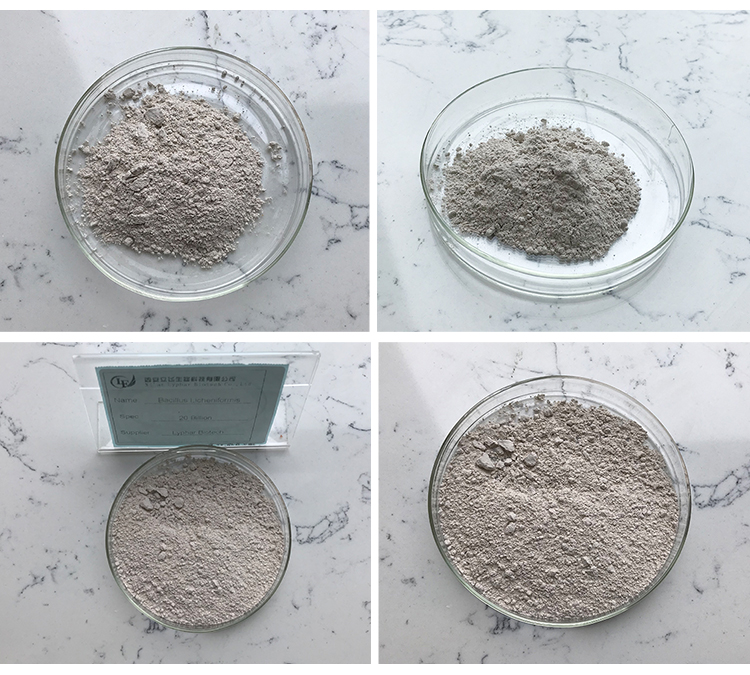Bacillus licheniformis is a Gram-positive, spore-forming bacterium that is commonly found in soil. It has been studied for its potential applications in agriculture, and some of its effects include:
1.Plant Growth Promotion:
Bacillus licheniformis has been reported to produce plant growth-promoting substances, such as indole-3-acetic acid (IAA), which can stimulate root development and overall plant growth.
It can enhance nutrient uptake by plants, particularly nitrogen and phosphorus, leading to improved crop yields.

2.Biocontrol Agent:
Bacillus licheniformis exhibits antagonistic activity against various plant pathogens. It can produce antimicrobial compounds, such as lipopeptides and antibiotics, that inhibit the growth of harmful pathogens.
As a biocontrol agent, it helps protect plants from diseases, including those caused by fungi and bacteria.
3.Induction of Systemic Resistance:
Bacillus licheniformis can induce systemic resistance in plants, making them more resistant to a broad spectrum of pathogens. This is often attributed to the activation of defense mechanisms in the plant.
4.Stress Tolerance:
Some strains of Bacillus licheniformis have been shown to enhance the stress tolerance of plants. This includes tolerance to abiotic stresses like drought, salinity, and extreme temperatures.
5.Phosphate Solubilization:
Bacillus licheniformis is known to solubilize phosphate in the soil, making it more available for plant uptake. This can be particularly beneficial in phosphorus-deficient soils.
6.Bioremediation:
Some strains of Bacillus licheniformis have been investigated for their ability to degrade or detoxify various pollutants in the soil. This includes the degradation of organic pollutants and the absorption of heavy metals.

7.Improved Soil Structure:
Bacillus licheniformis can contribute to the formation of stable soil aggregates, leading to improved soil structure. This can enhance water retention, aeration, and overall soil fertility.
8.Nitrogen Fixation:
While not all strains of Bacillus licheniformis are nitrogen-fixing, some have been reported to possess nitrogen-fixing capabilities. This can contribute to the nitrogen content of the soil and benefit plants.
It’s important to note that the specific effects of Bacillus licheniformis on agriculture can vary depending on the strain and environmental conditions. Additionally, proper application methods and considerations are essential for maximizing the benefits of this bacterium in agriculture.
